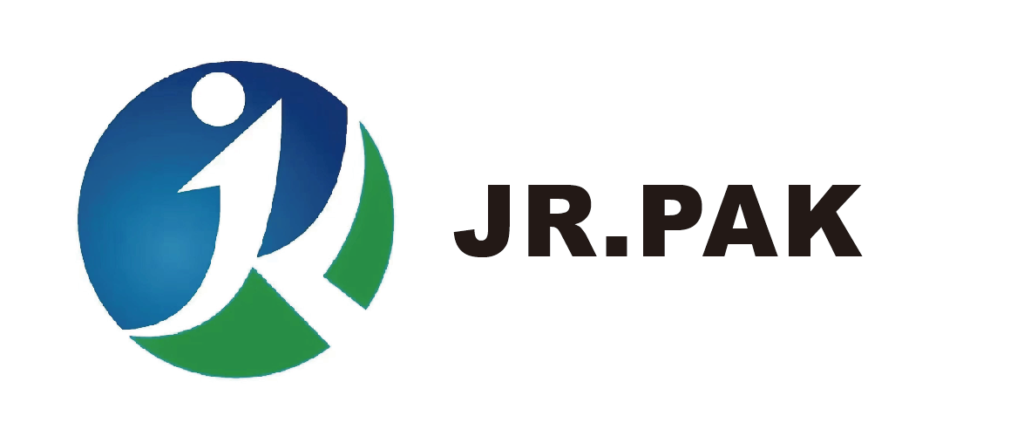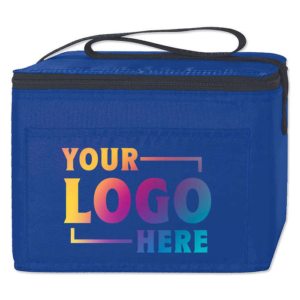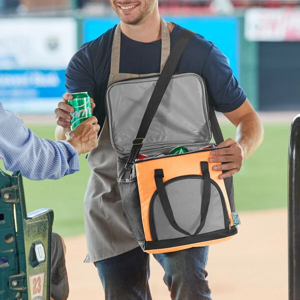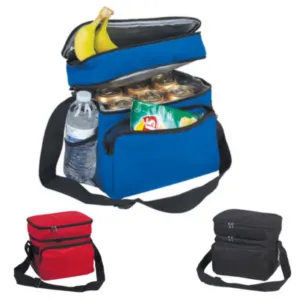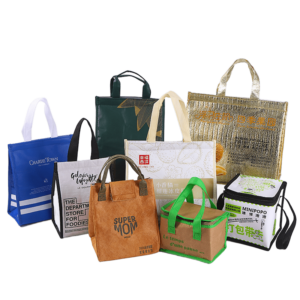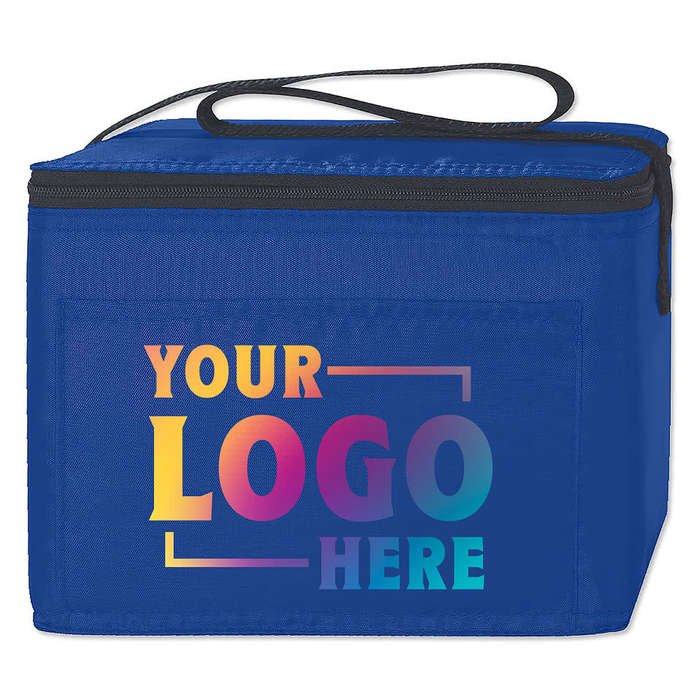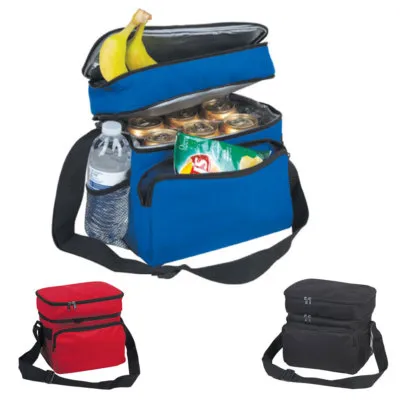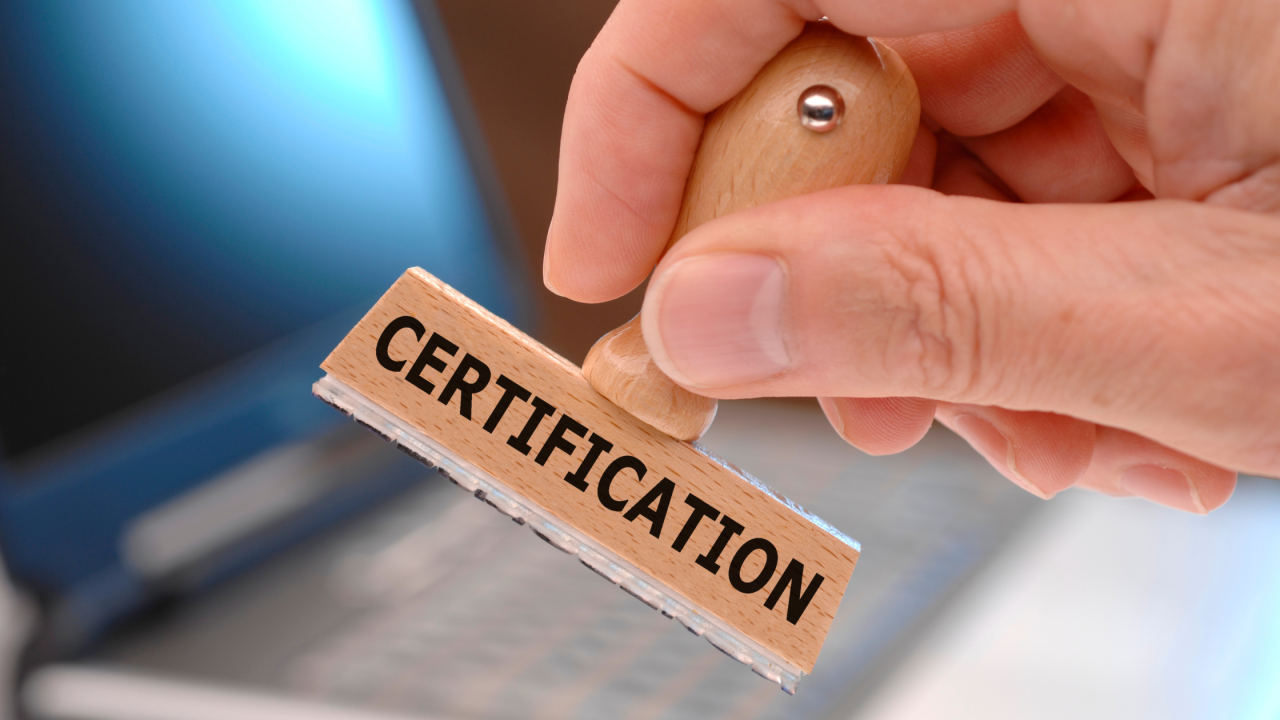
Choosing the right Chinese supplier can be a daunting task. With so many options available, how do you ensure you're making the best choice? One of the most effective ways is to evaluate the supplier's certifications. But what certifications should you look for?
When selecting a Chinese supplier, it's crucial to consider certifications that demonstrate the quality, safety, and reliability of their products.
In this article, we'll dive into the 8 most important certifications to consider when evaluating potential suppliers. Let's get started!
1. Quality Certifications
Quality certifications1 are a fundamental aspect of ensuring the reliability of your supplier. The most common ones are ISO 9001 and ISO 14001. These certifications demonstrate that a supplier has a robust quality management system (QMS) in place.
ISO 9001 certification confirms that a company meets international standards for quality management. It helps ensure that the products you receive are consistent and meet your expectations.
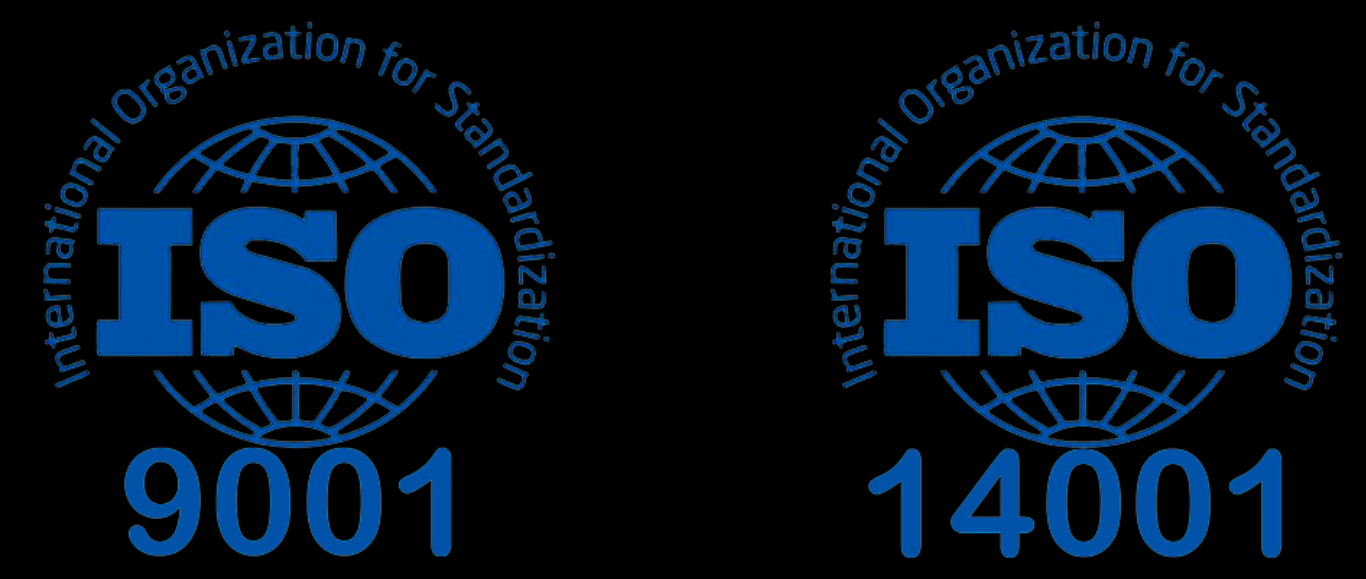
For example, ISO 9001 guarantees that the supplier has proper internal processes for product development, production, and post-production support. This helps reduce the risk of defects and ensures that the supplier maintains high-quality standards across all stages of manufacturing.
Key Takeaways on Quality Certifications
| Certification | Description | What It Ensures |
|---|---|---|
| ISO 9001 | Quality management systems | Consistent product quality |
| ISO 14001 | Environmental management systems | Sustainable manufacturing processes |
2. Product Safety Certifications
When it comes to product safety, certifications like CE, RoHS, and UL are essential. These certifications ensure that the products comply with global safety standards2.
CE marking shows that a product meets the European Union's safety, health, and environmental protection standards.
For suppliers in the US, UL (Underwriters Laboratories) certification is crucial. This certification indicates that the supplier's products have been tested and meet rigorous safety standards, especially for electrical and electronic products.
Important Safety Certifications to Look For
| Certification | Region | Focus Area |
|---|---|---|
| CE | European Union | Safety, health, and environmental standards |
| RoHS | European Union & Global | Restriction of hazardous substances in electronics |
| UL | United States | Product safety, especially for electronics |
3. Industry-Specific Certifications
Depending on your industry, certain certifications might be more important. For example, if you’re in the food packaging industry, you should check if the supplier has FDA or FSSC 22000 certifications. These certifications ensure that the supplier follows regulations related to food safety.
For non-food-related industries, certifications like BRCGS (British Retail Consortium Global Standards) can demonstrate a supplier's adherence to quality and safety in manufacturing processes.
Industry-specific certifications3 help ensure that your supplier understands and complies with the specific regulations for your products, whether it's for food safety or other specialized requirements.
Industry-Specific Certification Examples
| Industry | Certification | What It Ensures |
|---|---|---|
| Food | FDA | Food safety and packaging standards |
| Food | FSSC 22000 | Food safety management system |
| Packaging | BRCGS | Global food safety standards |
4. Factory and Production Certifications
To ensure that the supplier’s manufacturing capabilities are up to par, check if they have ISO 45001 and ISO 50001 certifications. ISO 45001 focuses on occupational health and safety management, while ISO 50001 deals with energy management.
ISO 45001 certification shows that a supplier takes employee safety seriously, which is important for ensuring a safe production environment.
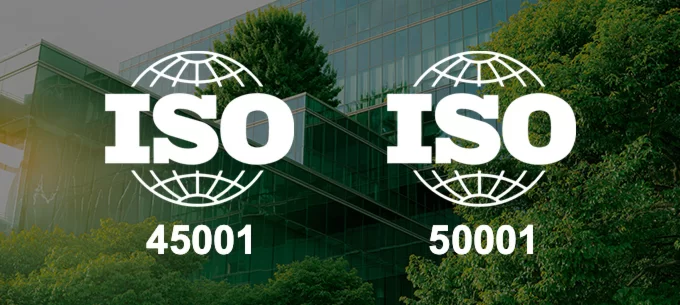
These certifications also reflect the supplier’s commitment to sustainability and energy efficiency. This is particularly important if you are aiming to work with a supplier that is environmentally conscious.
Factory and Production Certifications Breakdown
| Certification | Focus Area | What It Ensures |
|---|---|---|
| ISO 45001 | Occupational health and safety management | Safe and secure work environment |
| ISO 50001 | Energy management systems | Efficient use of energy and reduced environmental impact |
Conclusion
In my experience, understanding the importance of certifications has helped me build better relationships with reliable suppliers. When I choose a supplier, I always prioritize quality certifications like ISO 9001 and product safety certifications like CE or UL. These certifications ensure that my suppliers deliver products that meet the highest standards.
By focusing on these essential certifications, you can minimize risks and ensure that you receive the best products for your needs.
If you're looking for high-quality, customizable bags, check out JiaRong Packaging for more information.
-
This link will explain the importance of ISO certifications and how they guarantee product quality and environmental standards. ↩
-
This link explains the significance of global safety standards and how they affect product compliance and international trade. ↩
-
Learn how certifications like HACCP, ISO 22000, and BRCGS help businesses maintain food safety and quality standard. ↩
